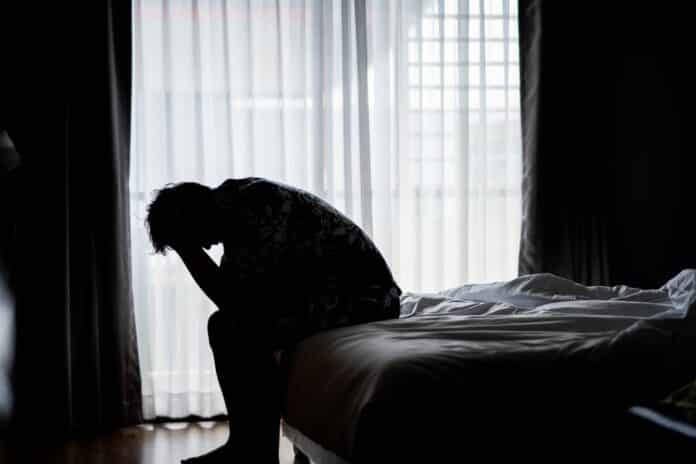
Depression is a major mood disorder with numerous symptoms, including a lack of interest in life and constant sadness. Seeking medical help is a good step towards treating this condition, but half the people suffering from depression never get diagnosed or treated.
To create awareness, this article teaches everything you need to know about depression.
Depression Symptoms
There are multiple depression symptoms, including:
● Pessimism and hopelessness
● Insomnia, or sleeping too much
● Trouble concentrating, making decisions, or remembering details
While these symptoms are common, not everyone with depression will experience the same ones. Your symptoms may also occur in patterns. For instance, depression could come with a change in seasons (a condition formerly known as seasonal affective disorder).
Depression in Children
If your child is sad, it doesn’t mean they have depression. However, they might be depressed if their sadness lasts for multiple days. Disruptive behavior interfering with their normal interests or school work could also indicate depression.
Depression in Teens
If your teen’s sadness lasts over two weeks, they might be depressed. You should also watch out for other depressive symptoms, such as withdrawal from friends and family or a drop in school performance.
Causes of Depression
Doctors are still unable to identify the exact causes of depression. However, they believe it might be a combination of factors, including:
● Brain structure
● Brain chemistry
● Genetics
● Hormones
Types of Depression
There are different types of depressive disorders your doctor can diagnose, including:
● Persistent depressive disorder, also known as dysthymia, is when depression lasts for at least 2 years.
● Unipolar major depression
● Premenstrual dysphoric disorder, which happens when you have severe mood problems before your period
● Substance-induced mood disorder (SIMD)
Depression Treatment
If you have depression symptoms, consult your doctor on the best treatment option. This will be based on your type of symptom and their seriousness. Treatment methods for depression include:
● Medication: Antidepressant medications are effective for most people suffering from depression. However, you may try several types before finding what works for you.
● Psychotherapy: Talking with a mental health professional daily can help treat your symptoms. Alternatively, you could try cognitive behavioral therapy (CBT).
● Hospital or residential treatment: If your depression is too bad to take care of yourself, you might need psychiatric treatment in a hospital or residential facility.
● Transcranial magnetic stimulation: Your doctor typically suggests this only after antidepressants have failed. This treatment involves using a coil to send magnetic pulses through your brain to stimulate nerve cells that regulate your mood.
Conclusion
If your depression symptoms are causing issues with your relationship, family, or work, you should see a professional to prevent things from worsening. You should also call 911 or your local emergency number if you think about hurting yourself or attempting suicide.


















